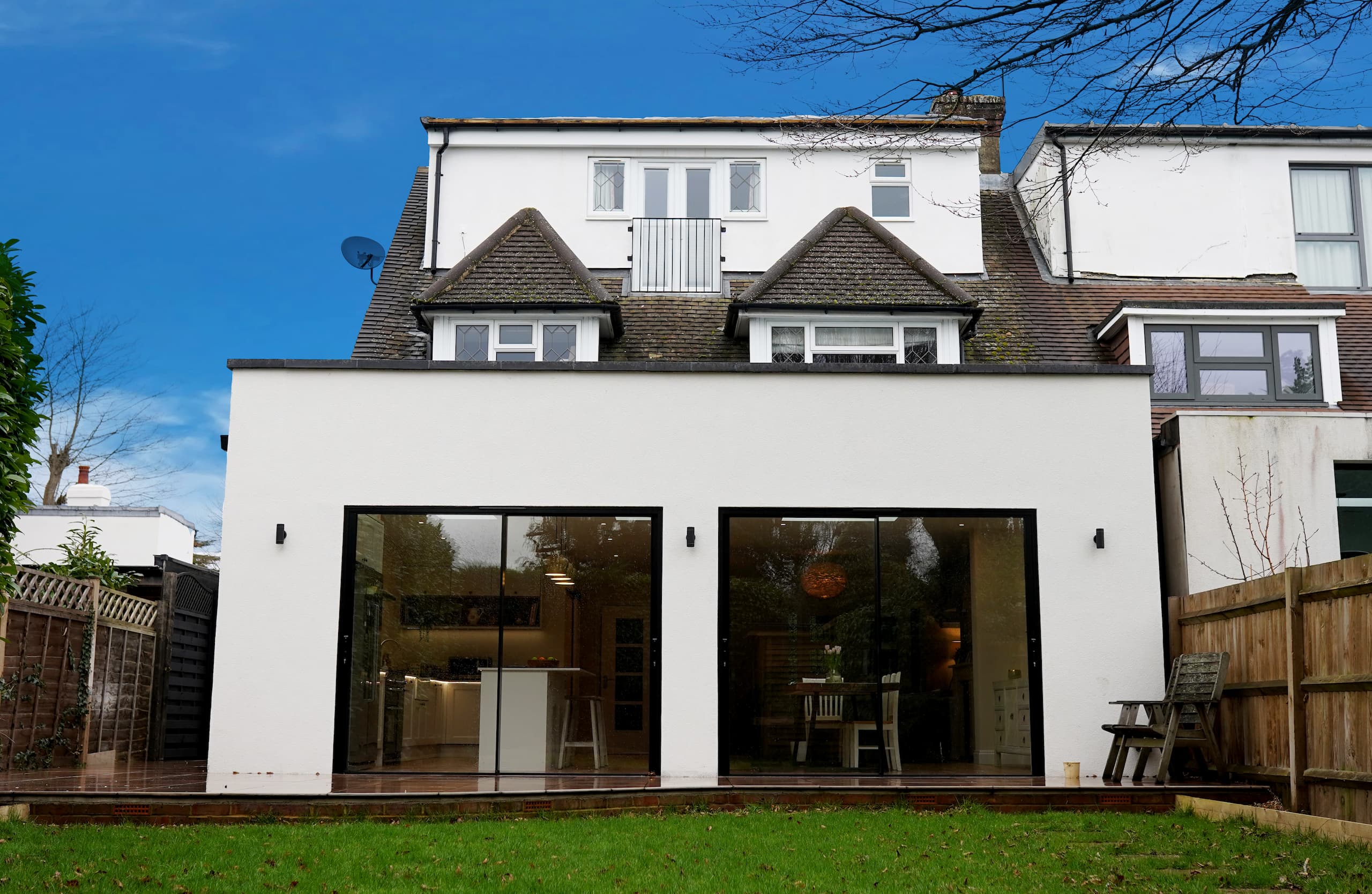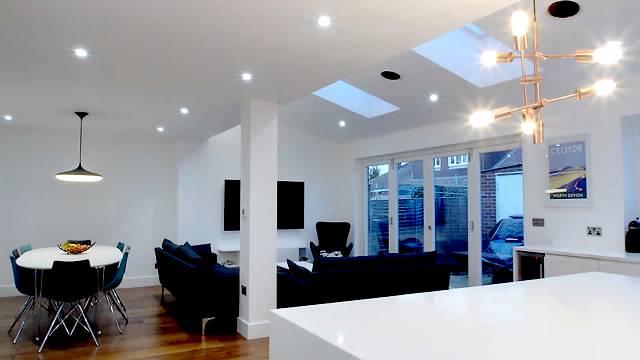Adding a house extension is one of the most effective ways to create more space and improve your living environment. Whether you want a bigger kitchen, a quiet home office, or another bedroom, an extension can transform how you use your space. But before the diggers arrive, there’s plenty to think about. Getting the planning right from the start helps avoid costly surprises and ensures your project adds real value to your home.
Key Considerations Before Starting Your House Extension
Extending your home is about more than just extra bricks and mortar. It’s a big decision that affects your daily life, your finances, and potentially your home’s future value. Take time to look at your needs, costs, how the work might disrupt life, and the overall benefit to your property. These steps not only help your project succeed but also set the scene for a space that truly matches your lifestyle.
For inspiration and practical ideas, have a look at Functional and Stylish Home Extensions to see how smart design choices can create spaces that both look great and work well for your needs.
Defining Your Goals and Requirements
Start with why. What problem do you want your house extension to solve? You might be craving an open-plan kitchen diner, a snug living area, or more space for a growing family. Write down your must-haves—
- What will the new space be used for?
- How should it connect to the rest of your house?
- Will it need to be accessible for all ages?
- How much natural light do you want?
Your goals should drive every decision, from layout to finishing touches. Building just for the sake of building isn’t a recipe for happiness. The best extensions fit your lifestyle like a glove, not an afterthought.
Budget and Financing Your House Extension
Every project rests on solid budgeting. It’s easy to underestimate the true cost of an extension, especially when some costs hide beneath the surface.
- Build costs: Labour and materials are the biggest factor.
- Professional fees: Don’t forget architects, structural engineers, and local approvals.
- Unforeseen costs: Old wiring, hidden pipes, or challenging ground can add to your bill.
- Finishes: From tiles to taps, these soon stack up.
Plan for a clear budget with at least a 10-15% buffer for surprises. As for funding, you could use savings, extend your mortgage, or take out a loan. Explore what’s best for you before the work starts. Sticking to a budget isn’t just about avoiding stress—it’s about staying in control and making smart choices at every turn.
Impact on Property Value and Local Market
A well-designed extension can increase your property’s value, sometimes more than the original investment. But avoid over-improving for your area. Check what similar homes nearby offer and how much they sell for. There’s little point spending, for example, £100,000 if it only adds £40,000 to your sale price due to market limits–that is unless you are getting an extension for its use and not for property value.
Research estate agents’ advice on trends in your neighbourhood. A house extension should improve both your enjoyment and your property’s future sale prospects. Make updates that appeal to the widest range of buyers, not just your personal taste.
Navigating Legal, Design, and Practical Requirements
Planning a house extension involves much more than design and building work. Legal steps, design details, and expert support all play key parts in turning your vision into reality.
You’ll find it helpful to understand planning permission, follow building regulations, and work with skilled professionals from the start. Experienced support brings peace of mind, ensures compliance, and helps you avoid expensive mistakes.
Understanding Planning Permission and Regulations
Some house extensions need planning permission; others fall under “permitted development.” The rules depend on the size, type, and location of your project. For example, two-storey extensions or builds close to your boundary often need formal approval.
Before starting, check with your local planning authority and get advice on the current rules. Applying for permission typically involves submitting plans, consulting neighbours, and possibly waiting weeks for a decision. For a clear summary of the process, see the planning permission process explained.
Don’t risk starting without approval—you could face fines or even have to undo completed work.
Ensuring Compliance with Building Regulations
Building regulations are separate from planning permission and focus on the safety, energy efficiency, and quality of your new space. Regulations cover:
- Structural stability
- Insulation and ventilation
- Fire safety
- Electrical and plumbing work
You’ll need inspections at key stages, and final approval on completion. Working with professionals who know the rules pays off, keeps your project safe, and ensures you get the right certificates when the work’s done.
For expert support at every step, consider trusted architect support services to help keep your extension compliant and stress-free.
Choosing the Right Professionals
Who you work with matters as much as what you build. An experienced architect can translate your goals into practical plans that tick every box—style, budget, regulation, and future value. Skilled builders bring the vision to life with quality you can rely on.
Tips for picking your team:
- Get personal recommendations from friends or neighbours.
- Check for memberships in trade bodies.
- Ask to see recent projects and speak to past clients.
- Make sure quotes are clear, detailed, and written down.
Good communication, reliability, and mutual trust set your project up for success.
Clear Goals, Budget and Research
A house extension is a big step, full of opportunity—but also risk if handled in a rush. Take time to set out clear goals and budgets, research your local market, and seek professional guidance. Think carefully about planning rules, building regulations, and how the work will fit your lifestyle.
Every successful project starts with a solid plan and the right support. With these checks in place, you’ll enjoy a new space that feels just right for you and your home’s future.
Ready to explore the possibilities? Make sure you’re informed, prepared, and confident before taking the next step toward your ideal house extension.







